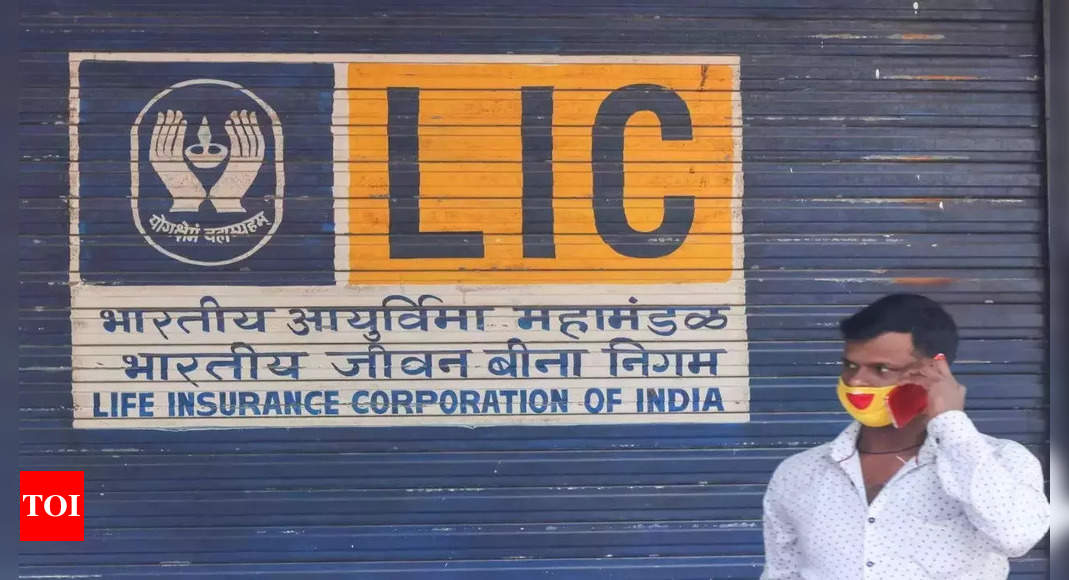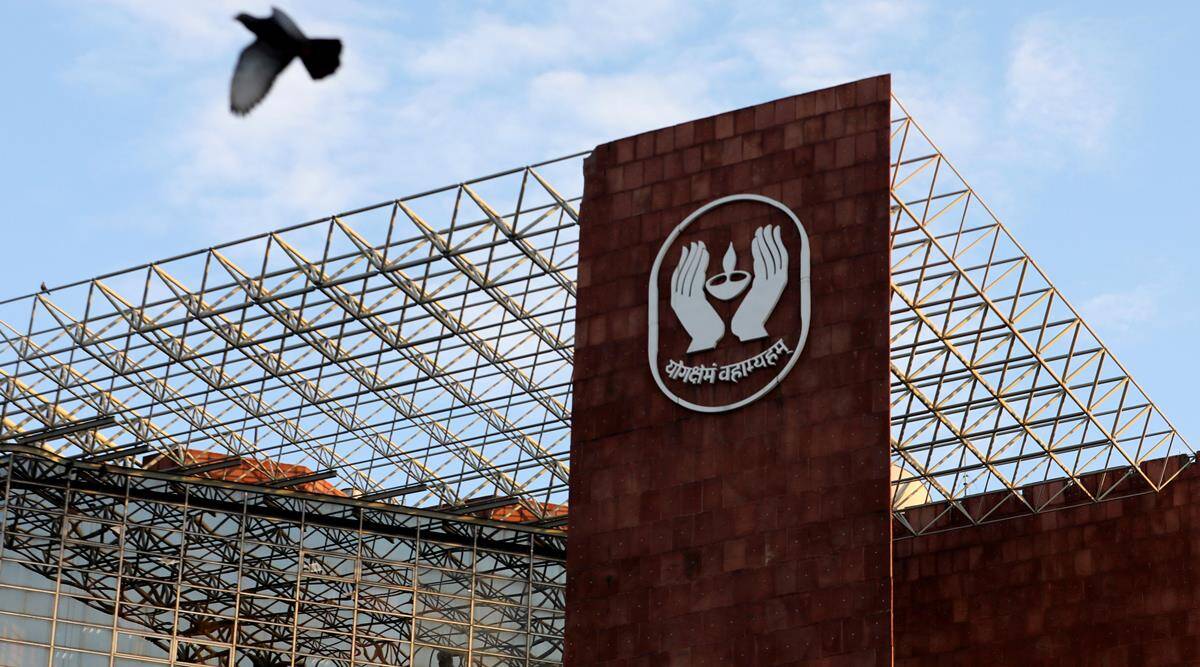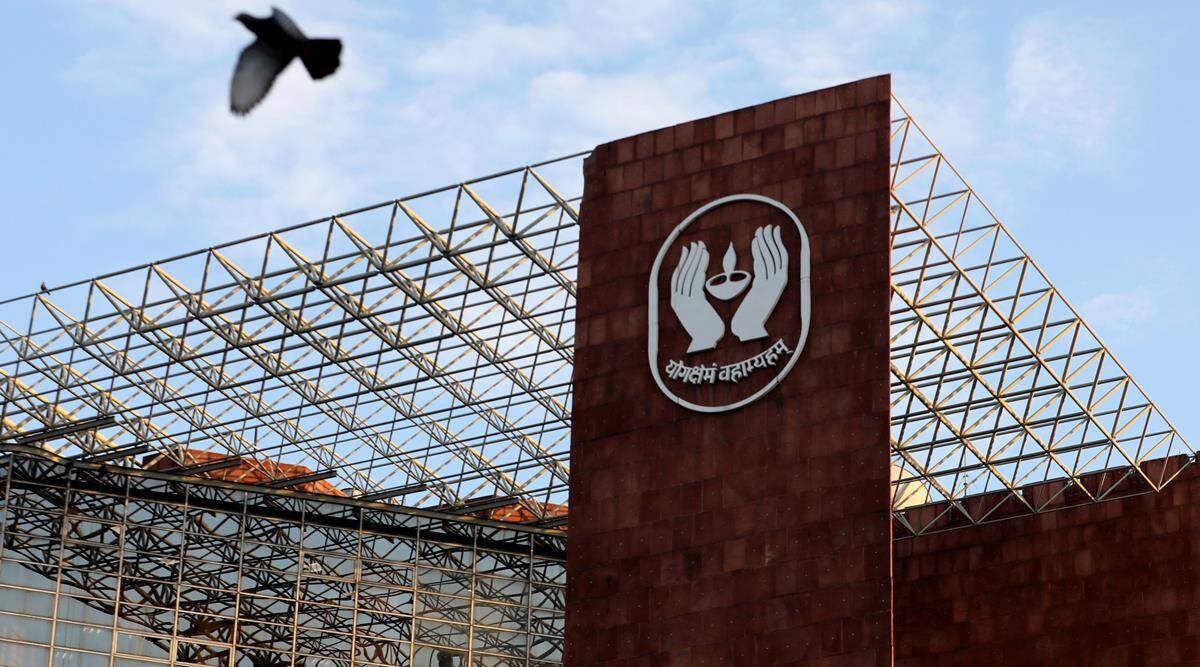The government on Saturday cleared an amendment to allow up to 20 foreign direct investment (FDI) under the “automatic route” in Life Insurance Corporation. This comes ahead of the proposed initial public offer of LIC, which is expected to be the largest in the Indian capital markets so far.
The government expects to mobilise Rs 63,000-66,000 crore from the proposed share sale to meet its disinvestment target of Rs 78,000 crore for FY22, as per industry estimates. While LIC is yet to announce the IPO price, market estimates are that the IPO is likely to be Rs 2,000-2,100 per share.
The existing FDI Policy did not prescribe any specific provision for foreign investment in LIC, which is established under the LIC Act, 1956. The FDI ceiling for LIC has now been made at par with that of the public sector banks. While the government had last year raised the FDI limit in the insurance sector to 74 per cent from 49 per cent, it did not cover LIC that is covered by a specific legislation.
“Since as per the present FDI Policy, the FDI ceiling for public sector banks is 20% on government approval route, it has been decided to allow foreign investment up to 20% for LIC and such other bodies corporate. Further, in order to expedite the capital raising process, such FDI has been kept on the automatic route, as is in the case of rest of the insurance sector,” a government source said.
Foreign investors may be desirous of participating in the IPO of LIC, and this change would facilitate FDI in LIC and such other bodies corporate, for which government may have a requirement for disinvestment purposes, sources said.
On Friday, the National Stock Exchange decided to relax the eligibility criteria of Nifty equity indices and for replacement of stocks in various indices, reducing the minimum listing history of constituents from three months to one calendar month, effective from March 31. This relaxation is expected to pave the way for the inclusion of LIC, which plans to list its shares in March, in the benchmark Nifty 50 Index. Since many passive funds allocate investments to indices and index stocks, the move, along with FDI permission, would enable large inflows in the LIC IPO.
Once the Sebi approves the issue, the IPO is likely to open for subscription in the second week of March and trading will commence by the third week, industry sources said. The government is going ahead with the listing of the latter’s shares, despite increased volatility in the markets amid increasing global concerns.
Sources said the government expects this move, along with other simplifications in FDI policy, to “make India an attractive investment destination”. FDI inflows into India rose to $81.97 billion in 2020-21, from $ 74.39 billion in 2019-20. “The FDI policy reform will further enhance Ease of Doing Business in the country, leading to larger FDI inflows and thereby contributing to growth of investment, income and employment,” they said.
FDI in currently permitted sectors is allowed up to the limit indicated against each sector/activity subject to applicable laws/regulations. “Insurance” is a permitted sector under FDI policy rules, however, it currently lists only Insurance Company and “intermediaries or insurance intermediaries” under the “Insurance” sector. LIC being a statutory corporation, is not covered under either of these.
Further, no limit is prescribed presently for foreign investment in LIC under the LIC Act, 1956; the Insurance Act, 1938; the Insurance Regulatory and Development Authority Act, 1999 or regulations made under the respective Acts. Therefore, this amendment has been made to specifically allow 20% FDI in LIC.
In an interview with The Indian Express earlier this month, the Department of Investment and Public Asset Management (DIPAM) Secretary Tuhin Kanta Pandey said that 20 per cent FDI should be sufficient considering that existing regulations and the requirements.
“…because LIC is not an insurance company, so insurance laws strictly does not apply to it, except for some of the provisions of insurance, which are indicated in the LIC act itself. We have to retain 51 per cent by law. We cannot go below that. And even if we go for an IPO, we will be able to dilute only up to 25 per cent within the first five years. We can not go more than this as per the law. And then we have the law that no single person can own than 5 per cent. So 20% (FDI) is more than enough for us, if we go for that route,” he had said.
As of September 2021, LIC policyholders had total investments of Rs 39,49,516.37 crore on a standalone basis. This is more than 3.3 times higher than total assets under management (AUM) of all private life insurers in India and approximately 16.2 times more than the AUM of the second-largest player in the Indian life insurance industry in terms of AUM.
LIC held stocks worth a “carrying value” of Rs 9,79,843 crore (close to $130 billion), or 24.77 per cent of its total investments, as on September 30, 2021. The market valuation is LIC is expected to be more than Rs 10 lakh crore, putting it at par with top notch companies such as Reliance Industries and TCS.
The initial public offer of up to 31.62 crore equity shares comprises the net offer, employee reservation portion, and policyholder reservation portion. The IPO works out to 5 per cent of the total capital of 632.49 crore shares, with the government retaining the remaining 95 per cent.
A portion of shares, not exceeding 5 per cent of the offer, will be reserved for employees. Another portion not exceeding 10 per cent, will be reserved for eligible policyholders. Policyholders and employees are likely to get shares at a discount.
A minimum 35 per cent of the issue will be reserved for retail investors. The corporation may allocate up to 60 per cent of the QIB (qualified institutional buyers) portion to anchor investors on a discretionary basis. One-third of the anchor investor portion will be reserved for domestic mutual funds.










